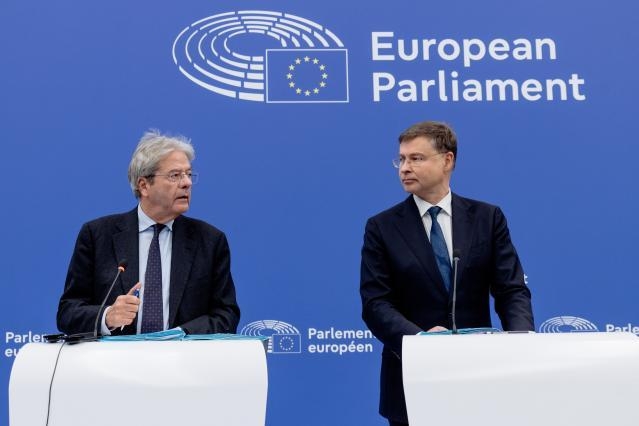Posted on December 2, 2024
The European Commission has unveiled the first European Semester Autumn Package under the new economic governance framework, marking a significant step toward fostering sound public finances and sustainable growth across the EU. For SMEs, this reform brings numerous opportunities to thrive in a more stable and supportive economic environment.

A Simpler Framework, Greater Transparency
The revised framework introduces streamlined and transparent fiscal rules, centred on a single operational indicator: the multi-annual net expenditure path. This makes it easier for governments to ensure compliance while creating an environment where SMEs can confidently plan their future investments. With risk-based surveillance tailored to individual Member States, the new approach also allows gradual fiscal adjustments, prioritising reforms and investments.
Prioritizing Investments in Green and Digital Transitions
European SMEs stand to benefit directly from the framework’s focus on growth-enhancing reforms. Member States are aligning their medium-term plans with EU priorities, including digital transformation and sustainability. Public investment in these areas is set to rise significantly in 2025, supported by the NextGenerationEU Recovery and Resilience Facility and EU funds. These initiatives present SMEs with opportunities for funding, innovation, and collaboration in transitioning to greener and smarter business practices.
Financial Stability for Sustainable Growth
The framework’s emphasis on reducing public debt post-COVID-19 and energy crises ensures a stable economic backdrop essential for SME growth. Sound public finances not only enhance macroeconomic stability but also boost investor confidence, encouraging more robust business environments.
Why SMEs Should Take Notice
For small and medium-sized enterprises, the framework is more than a high-level policy change—it’s an actionable roadmap:
- Access to Funding: The rise in EU-funded public investments offers a chance for SMEs to tap into grants and incentives aimed at supporting innovative and sustainable projects.
- Digitalisation Support: SMEs can benefit from programs encouraging digital skills and infrastructure upgrades, vital for staying competitive in a rapidly digitizing market.
- Green Transition Opportunities: SMEs in sectors like renewable energy, sustainable manufacturing, and eco-friendly services can leverage the push toward green initiatives.
- Market Resilience: A stable fiscal environment reduces uncertainties, allowing SMEs to plan long-term strategies with greater confidence.
What’s Next?
The Commission will continue to monitor Member States’ progress and present further updates as part of the European Semester process. SMEs should stay informed about country-specific reforms and investment plans, as these will shape opportunities for growth and innovation.
SMEs are encouraged to engage with local authorities and EU support mechanisms to explore how these changes can benefit their operations. Whether through grants for digital upgrades or partnerships in green initiatives, now is the time for SMEs to position themselves as leaders in Europe’s sustainable and inclusive recovery.
By aligning with the EU’s renewed focus on resilience and competitiveness, SMEs can not only contribute to but also thrive in Europe’s evolving economic landscape. For more details on accessing EU support, visit the European Semester in your country.





)